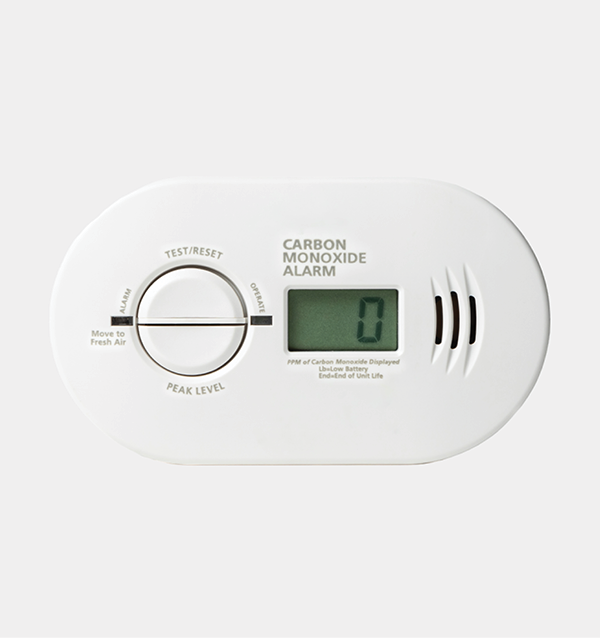With fall and winter approaching, it’s essential to have your home’s heating systems inspected and serviced, according to the Consumer Product Safety Commission. A trained technician can check chimneys, central heat, gas heaters, heat pumps, electric heaters, and more to ensure they function properly and don’t produce dangerous carbon monoxide (CO). They can also install CO detectors throughout the house to ensure occupant safety.
Carbon monoxide is odorless and colorless, making it undetectable without alarms. CO poisoning symptoms can be mild or severe and are often mistaken for the flu. Low-level exposure can cause headaches, fatigue, shortness of breath, nausea, and dizziness. High-level exposure can lead to confusion, vomiting, loss of coordination, unconsciousness, and even death.
To prevent CO poisoning, the CPSC and Environmental Protection Agency recommend:
- Installing interconnected CO alarms that all sound together.
- Never using portable generators indoors; keep them at least 20 feet away from the home.
- Not using cooking appliances for heat.
- Opening the fireplace damper before and after use.
- Avoiding barbeque grills in semi-enclosed spaces like garages.
